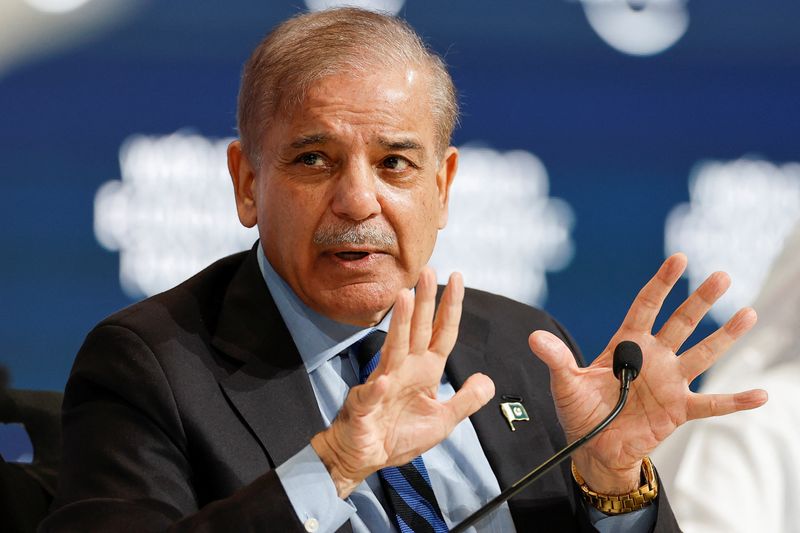Pakistan signed an IMF staff-level agreement on July 12 for a new $7 billion programme due to last 37 months, but Islamabad is still waiting for the Fund’s executive board to approve it, pending confirmation of financing assurances from development and bilateral partners.
“Whatever conditionalities the IMF has, we are working on implementing all of them,” said Sharif during a televised speech.
He added that Pakistan would enter a “new phase” following board approval of the programme, adding that he hoped this would be “the last IMF programme Pakistan has to enter”.
Local media said Pakistan’s IMF approval had been delayed due to a lack of additional financing and unpaid energy sector subsidies announced by Punjab and the federal government.
Punjab Information Minister Azma Bukhari said in a statement that the federal government and the IMF had not contacted the province about the electricity subsidy and the Fund had not released any written statement. She added that the media should “avoid speculations about national matters”.
The IMF, Pakistan’s Finance Ministry and its Power Ministry did not immediately respond to a request for comment.
Reining in unresolved debt across Pakistan’s power sector is a top concern of the IMF.
Pakistan’s poor and the middle classes are still feeling the effects of a $3 billion IMF bailout that was completed in April, which included 12 months of power tariff hikes. Higher tariffs have led to a decline in household power consumption, with annual power use expected to fall for the first time in 16 years.
In August, Finance Minister Muhammad Aurangzeb told Reuters that Pakistan was making good progress with the IMF to secure Board approval in September.

Pakistan’s central bank chief said last week that the country was in “the advanced stages” of securing $2 billion in external financing, which is required for the IMF approval.
Moody’s (NYSE:MCO) upgraded Pakistan’s rating to Caa2 last week, citing increased certainty on external financing after the IMF staff-level agreement. Moody’s expects IMF Board approval within weeks.”
To read the full article, Click Here

